Best movies like Our Daily Bread
A unique, carefully handpicked, selection of the best movies like Our Daily Bread Starring Paul Bildt, Harry Hindemith, Paul Edwin Roth, Viktoria von Ballasko, and more. If you liked Our Daily Bread then you may also like: The Wall, We Cellar Children, The Woman and the Stranger, Auf der Sonnenseite, Rabbit à la Berlin and many more popular movies featured on this list. You can further filter the list even more or get a random selection from the list of similar movies, to make your selection even easier.
A story about a family after the Second World War. The petty bourgeois cashier Karl Weber of Berlin observes from a distance how his son Ernst participates in the building of a new socialist society. Karl does not understand Ernst's visions, instead he confides in his other son Harry. However, Harry becomes involved in illicit business and Karl quickly realizes that it would be best to join his son Ernst in the citizen-owned factory.
Our Daily Bread
You may filter the list of movies on this page for a more refined, personalized selection of movies.
Still not sure what to watch click the recommend buttun below to get a movie recommendation selected from all the movies on this list
The Woman and the Stranger
Based on a switched identity, in circumstances that are found in real life as well as fiction, this drama tells the story of two soldiers fighting together in World War I. Karl (Joachim Latsch) and Richard (Hans-Use Bauer) become close friends while serving time in a German POW camp. One day Karl manages a successful escape and goes to Richard's home where he seeks refuge posing as Richard. But Richard's wife Anna (Kathrin Waligura) has never given up hope that her husband is still alive -- a possibility that would shatter Karl's proposed new life. In fact, Richard did not die in the POW camp. This film shared the Grand Prix award at the 1985 Berlin Film Festival.
Auf der Sonnenseite
The story of the steel melter Martin Hoff, whose factory delegates him to a drama school, corresponds to the real life of the actor Manfred Krug. Like his (film) hero, Krug works as a steel melter, does artwork, sings and acts, and is sent to drama school. Like his hero, who behaves anarchically and conspicuously, Krug is soon expelled from school.
Rabbit à la Berlin
The untold story about wild rabbits which lived between the Berlin Walls. For 28 years Death Zone was their safest home. Full of grass, no predators, guards protecting them from human disturbance. They were closed but happy. When their population grew up to thousands, guards started to remove them. But rabbits survived and stayed there. Unfortunately one day the wall fell down. Rabbits had to abandon comfortable system. They moved to West Berlin and have been living there in a few colonies since then. They are still learning how to live in the free world, same as we - the citizens of Eastern Europe.
Romance in a Minor Key
A grieving husband tries to uncover the truth behind his wife's suicide, leading him to discover a tragic tale of infidelity and redemption.
Kuhle Wampe or Who Owns the World?
Kuhle Wampe takes place in early-1930s Berlin. The film begins with a montage of newspaper headlines describing steadily-rising unemployment figures. This is followed by scenes of a young man looking for work in the city and the family discussing the unpaid back rent. The young man, brother of the protagonist Anni, removes his wristwatch and throws himself from a window out of despair. Shortly thereafter his family is evicted from their apartment. Now homeless, the family moves into a garden colony of sorts with the name “Kuhle Wampe.”
Alone in Berlin
Berlin in June of 1940. While Nazi propaganda celebrates the regime’s victory over France, a kitchen-cum-living room in Prenzlauer Berg is filled with grief. Anna and Otto Quangel’s son has been killed at the front. This working class couple had long believed in the ‘Führer’ and followed him willingly, but now they realise that his promises are nothing but lies and deceit. They begin writing postcards as a form of resistance and in a bid to raise awareness: Stop the war machine! Kill Hitler! Putting their lives at risk, they distribute these cards in the entrances of tenement buildings and in stairwells. But the SS and the Gestapo are soon onto them, and even their neighbours pose a threat.
Ernst Thälmann – Son of the Working Class
This film is the first of a two-part historical and biographical portrait of the communist politician and anti-fascist Ernst Thälmann. In early November 1918, Ernst Thälmann is an unwilling soldier serving on the western front. As the revolutionary movement at home is threatened by the betrayal of the Social Democrats and fissures in the working class, Thälmann calls on his fellow soldiers to put down their weapons and unite with the workers in the communist struggle at home. Thälmann’s qualms about which side he is fighting on continue, but when the local police attempt to prevent a shipment of provisions and supplies from reaching the people in Petrograd, he intervenes and the ship is unloaded. With this moment of clarity, Thälmann continues to follow his political convictions and joins the workers at the Hamburg uprising in October 1923.
The Eternal Jew
A Nazi propaganda film made to promote anti-Semitism among the German people. Newly-shot footage of Jewish neighborhoods in recently-conquered Poland is combined with preexisting film clips and stills to defame the religion and advance Hitler's slurs that its adherents were plotting to undermine European civilization.
Germany, Year Zero
In the ruins of post-WWII Berlin, a twelve-year-old boy is left to his own devices in order to help provide for his family.
Good Bye, Lenin!
Alex Kerner's mother was in a coma while the Berlin wall fell. When she wakes up he must try to keep her from learning what happened (as she was an avid communist supporter) to avoid shocking her which could lead to another heart attack.
The Man Between
A British woman on a visit to post-war Berlin is caught up in an espionage ring smuggling secrets into and out of the Eastern Bloc.
Lissy
Berlin, early 1930s. Lissy, a young woman raised in a socialist working-class family, marries a clerk who promises her a better life. During the depression, however, he gets fired and can’t find a new job. Desperate for companionship and money, he falls for Nazi propaganda and joins the Storm Troopers. Lissy's brother, who for a time sympathized with the communists, now also wears the SA uniform. When he is killed by the Nazis—because of hisoppositional ideas—Lissy starts questioning things and makes a difficult and potentially dangerous decision.
The Murderers Are Among Us
After returning from a concentration camp, Susanne finds an ex-soldier living in her apartment. Together the two try to move past their experiences during WWII.
Her Majesty, Love
The wealthy von Wellingens are shocked when the father of their son Fred's fiancée Lia juggles desserts at a formal dinner. They encourage Fred to break the engagement. Lia goes to Berlin to marry a Baron von Schwarzdorf, and Fred arrives too late to stop the marriage.
Junge Adler
Director Brakke has good reason to be happy: he has just received the news that his son, Theo, won first place in the local boat race. To be sure, he had forbidden his son to take part in the competition, because the son's grades in school are substandard. In the end, Brakke sees no other way than to pull Theo from school and install him as an apprentice in his airplane manufacturing plant. Although Theo is received by the other 150 apprentices in a friendly fashion, he behaves in an arrogant and disrespectful tone towards them. He feels himself to be better than them, because his father is the director of the factory.
Berlin - Ecke Schönhauser...
The corner Schönhauser Allee in East Berlin is the main meeting-point for a group of adolescents. Dieter is a construction worker who falls in love with Angela. She, in turn, spends time with the clique whenever her mother is occupied with her new lover. "Kohle" stays away from home to avoid his dad's alcohol problem, and Karl-Heinz is on his way to becoming a small-time criminal. Due to their interest in western music and culture they are regarded as no-goods and rowdies. Things get interesting when an incident forces Dieter and "Kohle" to escape to West Germany. Written by c.winter
My Zero Hour
Germany in 1943. The Berlin worker Klaus Hartung is deployed as a soldier to the Eastern front during World War II. During a tour, he is captured by a Russian patrol. While in captivity, Hartung comes to the conclusion that he has to come through and actively take part in the effort to end the war. He consents to abduct a German officer together with two Russian soldiers. During their adventurous mission, the men who at first had been enemies, become sincere friends.
Ernst Thälmann – Leader of the Working Class
This film is the second of a two-part historical and biographical portrait of the communist politician and anti-fascist Ernst Thälmann. Autumn, 1918: Somewhere on Germany’s western front, Ernst Thälmann, age twenty-four, is calling on his fellow soldiers to put down their guns and join him in the communist struggle at home. When Hamburg’s Police Commissioner blocks a much-needed food shipment to the workers of Petrograd, Ernst battles to see it allowed through. Until his murder on August 18, 1944, Ernst remained true to his political convictions in the face of many setbacks.
Despite It All!
October 1918: Karl Liebknecht is released from prison and Berlin workers celebrate his release. Although WWI is almost over, the German Kaiserreich in vain sends its last reserves to the slaughter. The working class is in a rebellious mood; the uprising of Kiel’s sailors against war and militarism sets off a call for revolution led by Liebknecht. On November 9, Liebknecht declares the Free Socialist Republic of Germany. But pro-Kaiser military and right wing Social Democrats oppose him.
Die Unbesiegbaren
The film "Die Unbesiegbaren" covers an episode in German history, in which the Bismarck government tried to mitigate the rise of the social-democrat movement.
Straight
Straight is the story of a messy love triangle between two men and a woman. Nazim (Eralp Uzun) is a hot young Turkish guy involved in petty crime. He goes out each night with his buddies, cruising for girls and dealing drugs in a seedy city square populated with hookers. None of his buddies suspect that on many of those nights he ends up in the arms of men. Since he met David (Florian Sonnefeld) on the street, his hetero façade is rapidly crumbling. His friends seem to pick up on the new vibe and wonder what’s up. David is from a bourgeois Jewish family and slumming it. He hangs out on the street pretending to look for drugs, but what he really wants is Nazim. Their first hookup is alternately hot, tender and filled with guilt. Nevertheless, their affair develops in secret against all odds. Further entangling things is David’s Polish-German girlfriend (Beba Ebner), who is revolting against her strict Catholic upbringing by going out with this punkish Jewish boyfriend.
The Secret Life of the Berlin Wall
Berlin is a place that is indispensable to the imagination, a city where history ticks all the boxes. The longest of all the helter-skelter rides that Berliners have taken through the playground of history ended in 1989 when the Berlin Wall shattered into a million souvenirs. Hundreds of people, mainly young, were killed there trying to escape to the West. The people who built the Wall thought they were building a brave new socialist world. But their dream turned into a nightmare as over time the Wall poisoned, corrupted and brutalized the little world it encircled. In The Secret Life of the Berlin Wall, the dreams and nightmares come dramatically back to life as the spies, informers, double agents and interrogators of Cold War Berlin weave their nervy spells of double lives and double dealing.
American Traitor: The Trial of Axis Sally
The life of American woman Mildred Gillars and her lawyer, who struggles to redeem her reputation. Dubbed “Axis Sally” for broadcasting Nazi propaganda to American troops during World War II, Mildred’s story exposes the dark underbelly of the Third Reich's hate-filled propaganda machine, her eventual capture in Berlin, and subsequent trial for treason against the United States after the war.
Somewhere in Berlin
After WWII, Berlin lies in ruins. For Gustav, Willi and their friends the rubble provides an adventurous, dangerous playground. Especially for Gustav, it helps pass the time, as he longs for his father's return from a POW camp. One day a stranger arrives, looking helpless and hopeless.
Council of the Gods
Based on the records of the Nuremberg trial of the chemical giant IG Farben; a story about the collaboration between international corporations and Nazi scientists, whose research contributed to the death of millions. The chemist Dr. Hans Scholz lives through a tortuous political transformation and maturation process. Eventually, he adopts political neutrality and closes his eyes to the fact that the poison being produced in his factory is being used in the extermination camps. Standing before the judges at the Nuremberg trials, he must face the fact that he is implicated in the deaths of millions in the gas chambers of the concentration camps.
Wengler & Sons
A story spanning three generations, from 1871 to 1945. When Gustav Wengler, a farmer’s son, returns from the Franco-German war in 1871, he goes to work for a precision mechanics and optical company, where he soon becomes a master craftsman. Wengler loyally promises the owner on his deathbed that his sons and grandsons will also stand by the company.
The Crew of the Dora
German film about Luftwaffe pilots. It depicts a love triangle involving two of them being overcome by their participation in battle together.
Second Love - Volunteer
A mechanic, Peter Papenbold, is giving all his free time to volunteer in the children's sport school. When he's asked to switch to teaching permanently - it's a very difficult decision for him.
At a French Fireside
Bundeswehr soldier Klaus’ regiment is stationed in France, to take part in NATO maneuvers. The soldiers are ordered to be kind to the populace, since the West German High Command wishes the French to forget the atrocities that were committed during the Second World War. Klaus falls in love with Jeanne, the daughter of the local mayor. He discovers that his commanders intend to demolish the ruins of a local church, in which civilians were murdered by the German occupation forces at 1944. A local journalist who researches the event discovers that West German General Rucker ordered the massacre, but he is mysteriously murdered. Klaus defies his commanding officer Siebert, who instructs him to steal the documents indicting Rucker, and hands the evidence over to Jeanne.
A Berlin Romance
Mid-1950s Berlin, before the building of the Wall. Uschi, a salesgirl and aspiring fashion model from the East, is attracted to Hans, from the West. But she also loves the bright shop windows in his part of the city. The flashiness of this new world soon evaporates, however, when Hans loses his job.
Anton the Magician
A flamboyant comedy about love, work and money—revealing that the "planned" economy produced some unconventional entrepreneurial methods.

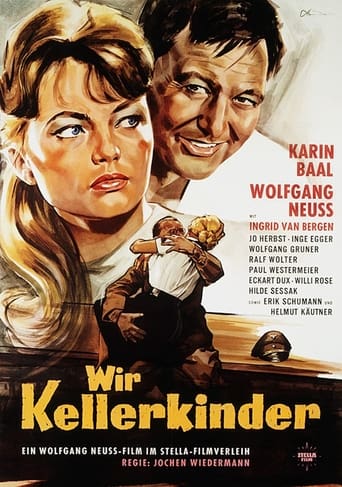

































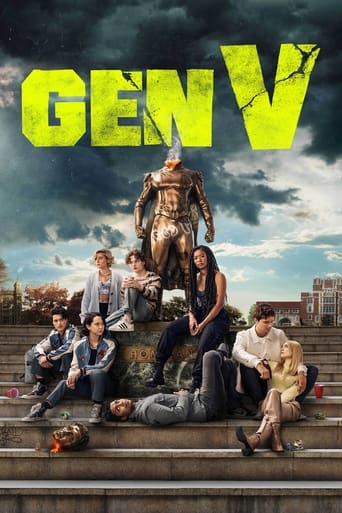

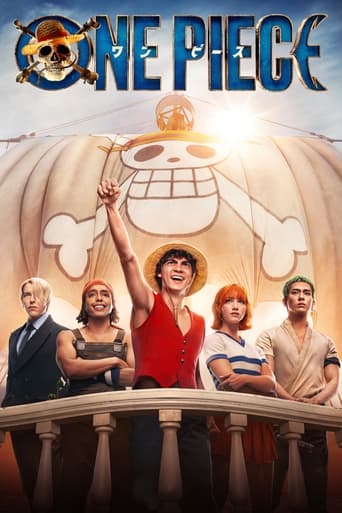
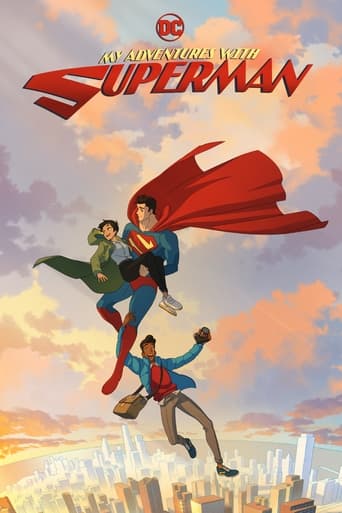
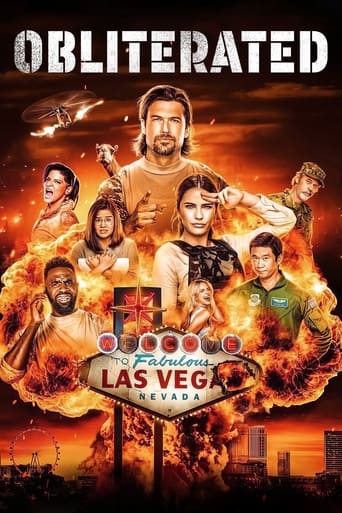

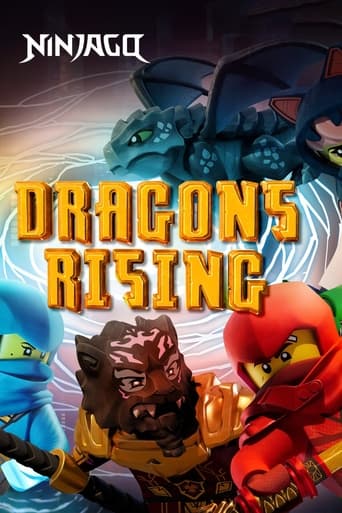
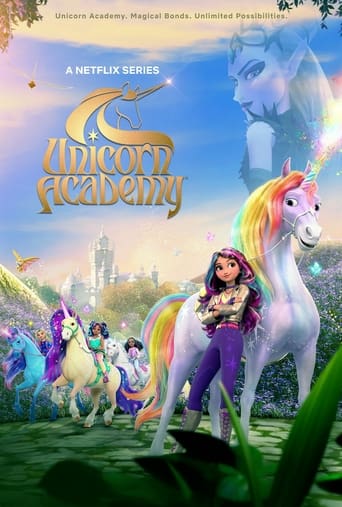



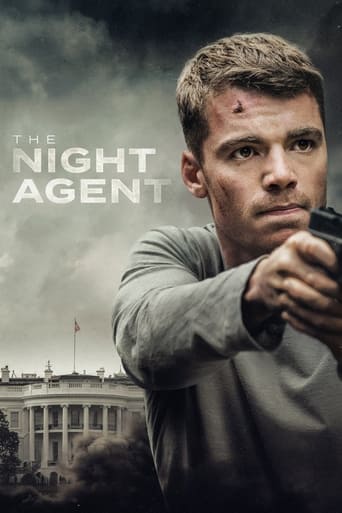
The Wall
Like the best USIA films, The Wall distills political events into an emotionally clear and compelling ideological "story". In 1962 Walter de Hoog gathered footage from U.S. and German newsreel sources and crafted this taut short film about the first year of the Berlin Wall. Straightforward, keenly balanced narration portrays Berliners as "accepting the wall but never resigned to it". The extraordinary footage of the first escapes was propaganda enough-- His challenge was to make the politics human.